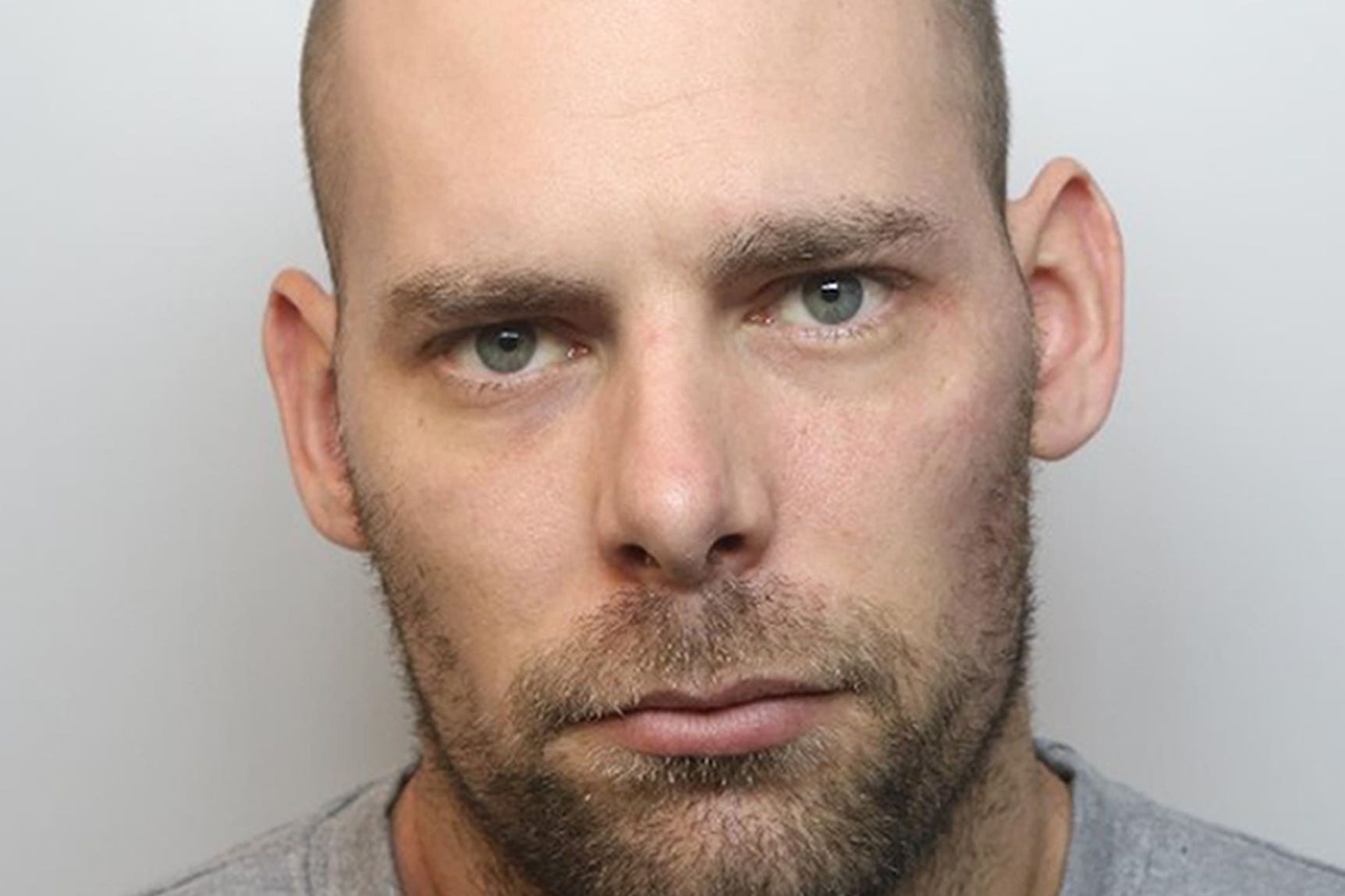Watchdog finds serious probation failings over quadruple killer Damien Bendall
Chief inspector of probation Justin Russell set out his findings in the Killamarsh case on Tuesday.

A watchdog has laid bare a litany of failings by probation officers before a “psychopathic” criminal murdered three children and his pregnant partner.
Chief inspector of probation Justin Russell said the Probation Service’s handling of Damien Bendall was of an “unacceptable standard” at every stage and “critical opportunities” to correct errors were missed.
Bendall, 33, is serving a whole-life order for the murders of Terri Harris, 35, her daughter Lacey Bennett, 11, her son John Paul Bennett, 13, and Lacey’s friend Connie Gent, 11, after he attacked them with a claw hammer at their home in Killamarsh, Derbyshire. He also admitted raping Lacey.
Justice Secretary Dominic Raab ordered a review of how probation staff had supervised Bendall when it emerged he had a string of convictions and a history of violence before the killings.
Making 17 recommendations for improvement, Mr Russell told reporters the case was “the most concerning” of his tenure and said the parents of Ms Harris and Connie Gent were “shocked” by the findings.
The Probation Service’s assessment and management of Bendall “at every stage” was of an “unacceptable standard and fell far below what was required”.
Two members of staff faced disciplinary action over the case.
Published on Tuesday after Bendall was sentenced last month, Mr Russell’s report revealed a catalogue of errors and missed opportunities which led to him being wrongly categorised as a low-risk offender and supervised by inexperienced staff.
Records showed an ex-partner had made allegations of domestic abuse against him and police also contacted probation a year before the attacks, amid concern about his association with a 16-year-old girl who was in foster care.
The intelligence about the risk of “serious sexual harm” he could pose to girls was “not explored or recorded sufficiently” to inform checks to help keep children safe, according to the findings.
One probation officer questioned by inspectors, who was involved with Bendall’s case in 2016, described him as “cold and calculated and quite psychopathic”.
The watchdog found that at that time probation teams had been focused on his extreme right-wing views and violence behind bars, rather than the risk of domestic harm.
The report also detailed how Bendall, a one-time cage fighter, repeatedly claimed he was a high-ranking member of a white supremacist group called Aryan Brotherhood and described having two Nazi-inspired tattoos.
But inspectors found “no evidence” that probation officers carried out checks with police to establish whether this was true, after he was recorded as being prone to telling “grandiose stories”, the report said.
This was a deeply concerning case. The Probation Service’s assessment and management of Bendall at every stage, from initial court report to his supervision in the community, was of an unacceptable standard and fell far below what was required
With a “significant” history of crime dating back to 2004, Bendall is first recorded as being supervised by probation in 2011 – more than a decade before the killings.
Despite previous convictions for robbery and grievous bodily harm, he was handed a 24-month suspended sentence for arson just months before carrying out the murders.
The “very poor” probation report provided to the court for sentencing “significantly misrepresented” the risk Bendall posed to others, Mr Russell said.
After the arson, probation staff decided he was suitable to be put under curfew at home with Ms Harris – an assessment the watchdog concluded was “dangerous and entirely inappropriate”.
No attempt was made to speak to Ms Harris or visit the property and there is no evidence that “essential” domestic abuse and child safeguarding checks were carried out by the probation officers making this decision, Mr Russell said, as he agreed no mandatory requirement to do so was “extraordinary”.
Bendall was classed as a posing a medium risk of serious harm to the public and a low risk of posing serious harm to partners and children.
But Mr Russell said he was “clearly of high risk” and the decision had “serious consequences”.
It was “possible” that, had an accurate report been provided to the court, Bendall may have been jailed immediately, although Mr Russell said it was “impossible to know” whether the deaths could have been prevented if the probation failings had been identified and rectified earlier.
He blamed the failures on a mixture of inexperienced staff who lacked professional curiosity and “heavily overloaded” line managers.
Describing Bendall as a “very controlling personality”, Mr Russell said it is vital such criminals are supervised by experienced probation officers, adding: “He controlled Terri Harris and he controlled the more inexperienced probation officers that were supervising him.”
Prisons and probation minister Damian Hinds said: “These were appalling crimes. The chief probation officer has apologised to the victims’ families for the unacceptable failings in this case and disciplinary action has been taken against two members of staff.”
The Telegraph previously reported the probation officer who assessed Bendall’s record for his arson sentencing has since been sacked. But the Ministry of Justice (MoJ) would not comment on the outcome of the proceedings.
“The extra funding of £155 million a year we have put into the Probation Service is being used to recruit thousands more frontline staff and to ensure domestic abuse and child safeguarding checks are always carried out before any offender is given a curfew.
“The Probation Service has also improved information sharing with police and councils, so no family is put at such significant risk again,” Mr Hinds added.
Bookmark popover
Removed from bookmarks